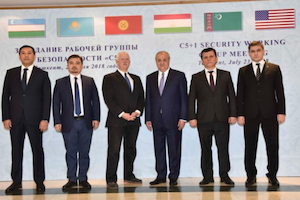Chechnya's Kadyrov Clashes with Russian PM Mishustin
By Emil A. Souleimanov and Huseyn Aliyev
June 10, 2020, the CACI Analyst
At an April 6 ministerial meeting, Russia’s newly appointed Prime Minister Mikhail Mishustin made a remark to the governors of Russia’s provinces, who in the preceding weeks introduced a ban on leaving and entering their respective regions in order to curb covid-19 infections, advising them “not to confuse regional powers with federal authorities.” As Chechnya’s strongman Ramzan Kadyrov had introduced a ban on the republic’s physical contacts with the outside world in the end of March, Kadyrov took this general statement personally. Soon, Kadyrov expressed concern that the prime minister was being “misled.” The conflict marks what some believe is the beginning of a troublesome relationship between Chechnya’s leader and Russia’s newly appointed prime minister.
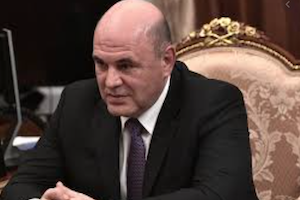
Soft or Hard Power? Russia Reacts to Uzbekistan's Draft Language Policy
By Farkhod Tolipov
June 8, 2020, the CACI Analyst
In May 2020, Russian Ministry of Foreign Affairs spokesperson Maria Zakharova commented on a draft law initiated by Uzbekistan’s Ministry of Justice, stipulating the use of Uzbek language for the entire workflow in governmental bodies. According to the draft law, officials will be fined for failure to comply. Moscow reacted strongly to this political motion in Uzbekistan. Whereas support for national language and culture abroad is a normal feature of foreign policy and commonly regarded as a “soft power” tool; the statement of Russia’s MFA Spokesperson was received as another form of “hard power” in Uzbekistan.
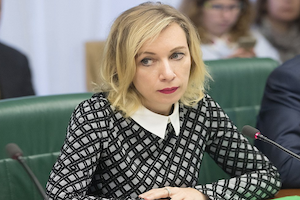
Central Asia Caught in Economic Perfect Storm amid Oil Price Collapse and COVID-19 Pandemic
By Azad Garibov
May 12, 2020, the CACI Analyst
The collapse of oil prices and outbreak of a pandemic seems to catch Central Asia in an economic perfect storm. Some regional energy exporters will suffer directly from low oil prices and the pandemic; others will face adverse economic consequences more indirectly, in the form of reduced gas demand in China or decreased remittances sent by migrant workers.
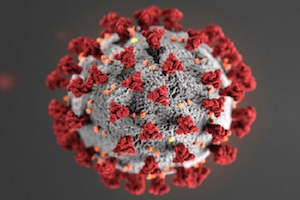
The Eurasian Union Flunks Its Stress Test
By Stephen Blank
April 27, 2020, the CACI Analyst
Crises are often telling indicators of an institution’s fitness. The Coronavirus pandemic is currently putting governments and regional institutions like the EU under profoundly challenging stress tests. Another such regional institution is the Eurasian Economic Union (EEU), which Russian President Vladimir Putin and its champions have claimed is organized along the lines of the EU. Whatever the EU’s successes or failures, it is clear that the EEU has failed to display even a semblance of the EU’s cohesion. Moscow has simply disregarded the interests of its partners and pursued a sharply unilateralist policy that seriously complicated if not threatened its partners’ economies, particularly in Central Asia.
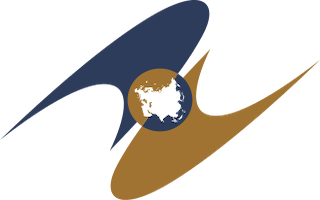
New Strategy, Old Game: The Realigning Geopolitics of Central Asia
By Farkhod Tolipov
March 26, 2020, the CACI Analyst
Three recent events have recently drawn the attention of the public, experts and official circles in Central Asia: U.S. Secretary of State Mike Pompeo’s visits to Kazakhstan and Uzbekistan and his meetings with the presidents of these states on 1-4 February 2020; the “C5+1” meeting in Tashkent; and the announcement of a new U.S. Strategy for Central Asia 2019-2025. In Central Asian capitals as well as in Moscow and Beijing, these three events served to alter the existing geopolitical calculus: Washington effectively reminded Central Asians and U.S. rivals Russia and China of itself and its interests. It thus seems that the old Great Game continues.
